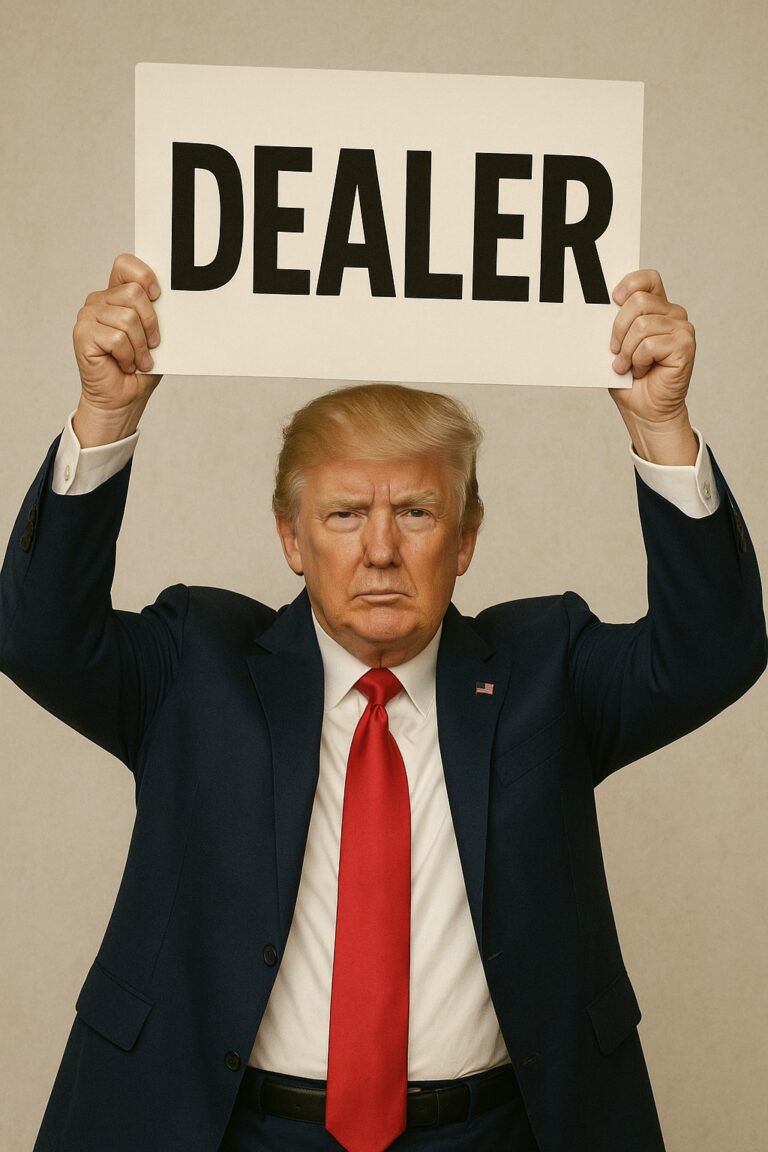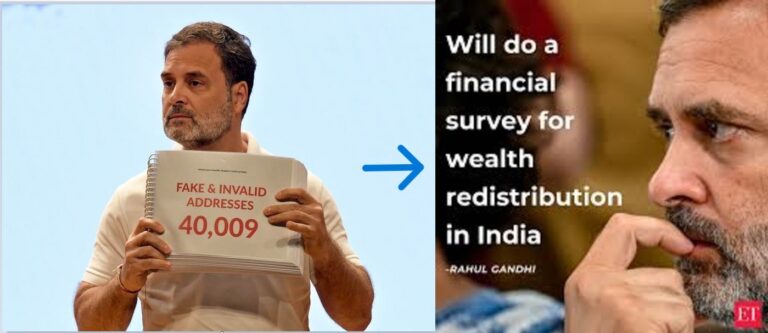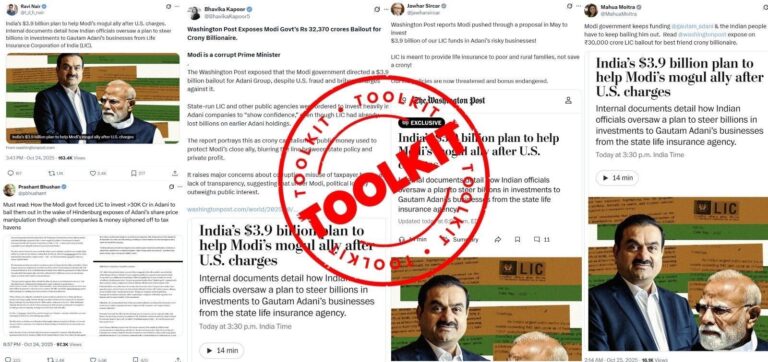
An article on Ukraine: How India’s refusal to take a clear position on the Russian invasion may hurt its interests by Deepanshu Mohan says that India’s decision not to openly criticize Russia’s 2022 invasion of Ukraine could harm its reputation and relationships with Western countries. It argues that Prime Minister Narendra Modi’s neutral stance and quiet support for Russia might weaken India’s image as a democracy and its ties with nations like the U.S. and Europe. While these worries are worth considering, they miss the bigger picture. India’s approach isn’t a mistake—it’s a smart move to protect its own interests, especially its long-standing and crucial partnership with Russia.
The Foundation of India-Russia Relations
India and Russia have been close for decades, starting during the Cold War when the Soviet Union helped India as a new nation. This isn’t just old history—it’s a key part of India’s safety today. Russia supplies most of India’s weapons—over 60% of its arms imports from 2016 to 2020, according to the Stockholm International Peace Research Institute (SIPRI) (SIPRI – Data on India’s arms imports from Russia (2016-2020)). Equipment like the S-400 air defense system, BrahMos missiles, and nuclear submarine tech helps India stay strong against threats from neighbors like China and Pakistan.
The Scroll.in article wonders if India’s silence on Ukraine contradicts its support for respecting borders. But it doesn’t see the tough spot India’s in. Speaking out against Russia could risk this vital weapons supply, especially now, with India facing tensions with China along their border. The Carnegie Endowment for International Peace explains, “India’s neutrality on Russia’s invasion is mainly about its worries over China and Pakistan” (Carnegie Endowment for International Peace – “What Is in Our Interest”: India and the Ukraine War). Pushing Russia away might make it team up more with China, which would make things harder for India.
Choosing Independence Over Sides
India’s refusal to join Western sanctions or criticize Russia isn’t about supporting Russia’s actions—it’s about staying independent. India has long avoided picking sides in global conflicts, a habit from the Non-Aligned Movement days. This lets it focus on what’s best for itself, not any big power group. The Scroll.in article fears this could hurt ties with the U.S. and EU, but that’s not happening. In March 2022, the U.S. State Department said it understands India’s “historic defence and security relationship” with Russia (U.S. State Department Briefing (March 2022). Plus, India’s role in the Quad (with the U.S., Japan, and Australia) stays strong because the U.S. needs India to balance China in the Indo-Pacific.
Instead of being left out, India’s neutral stance makes it a possible peacemaker. Foreign Affairs noted in August 2023 that Modi told Ukraine’s President Volodymyr Zelensky India would do “everything it can” to stop the war (Foreign Affairs (August 2, 2023) – “Can India Bring Russia and Ukraine to the Table?”. This only works because India keeps good relations with Russia.
Practical Benefits: Energy and Economy
India’s ties with Russia also help its economy. Since 2022, India has bought more cheap Russian oil, even passing China as the biggest buyer by mid-2023, says the Reuters (India surpasses China to become Russia’s top oil buyer). This keeps energy costs down for India’s 1.4 billion people and protects its economy from global price spikes. The Scroll.in article calls this shortsighted, but it’s a practical move. Russia is now India’s second-biggest trade partner, offering a steady oil supply outside the Middle East.
The Moral Question: Not So Simple
The Scroll.in piece says India’s neutrality is a moral failing—that backing Ukraine is the democratic choice, and staying quiet means supporting Russia’s aggression. But it’s not that black-and-white. India has pushed for peace and respect for borders at the UN. In February 2023, its UN representative Ruchira Kamboj said, “No solution can ever arrive at the cost of human lives” (BBC News (February 24, 2023) – “Ukraine war: India abstains from UN vote on Russian invasion”). This shows India opposes violence without cutting ties with Russia, which matters because Russia’s UN veto has protected India on issues like Kashmir.
The West isn’t perfect either—Europe still buys Russian gas, funding the war, while asking India to sacrifice its needs. India’s External Affairs Minister S. Jaishankar said in 2022, “Our choices aren’t black and white… We do what’s best for us” (Firstpost (April 8, 2022) – “Explaining India’s position on Ukraine war”). India’s stance isn’t two-faced—it’s about sticking to its own principles, as The Hindu notes (The Hindu (March 3, 2023) – “Positing India’s stand on the Ukraine war”).
Looking Ahead, Not Just Now
The Scroll.in article warns that India’s stance might help China grow stronger in South Asia. But keeping Russia as a friend actually counters China’s plans. If Russia weakens and leans fully on China, India loses options in Asia, where the U.S. has less influence since leaving Afghanistan. The Hindu points out, “Russia plays a key role in India’s continental foreign policy” (The Hindu (March 3, 2023) – “Positing India’s stand on the Ukraine war”).
Wrapping Up
India’s decision not to turn against Russia isn’t a slip-up—it’s a careful choice to protect itself. Its bond with Russia brings military strength, economic benefits, and a stronger position in the world. The short-term complaints from the West don’t outweigh these gains. India’s smart, balanced approach makes it a practical player in today’s messy global scene.






